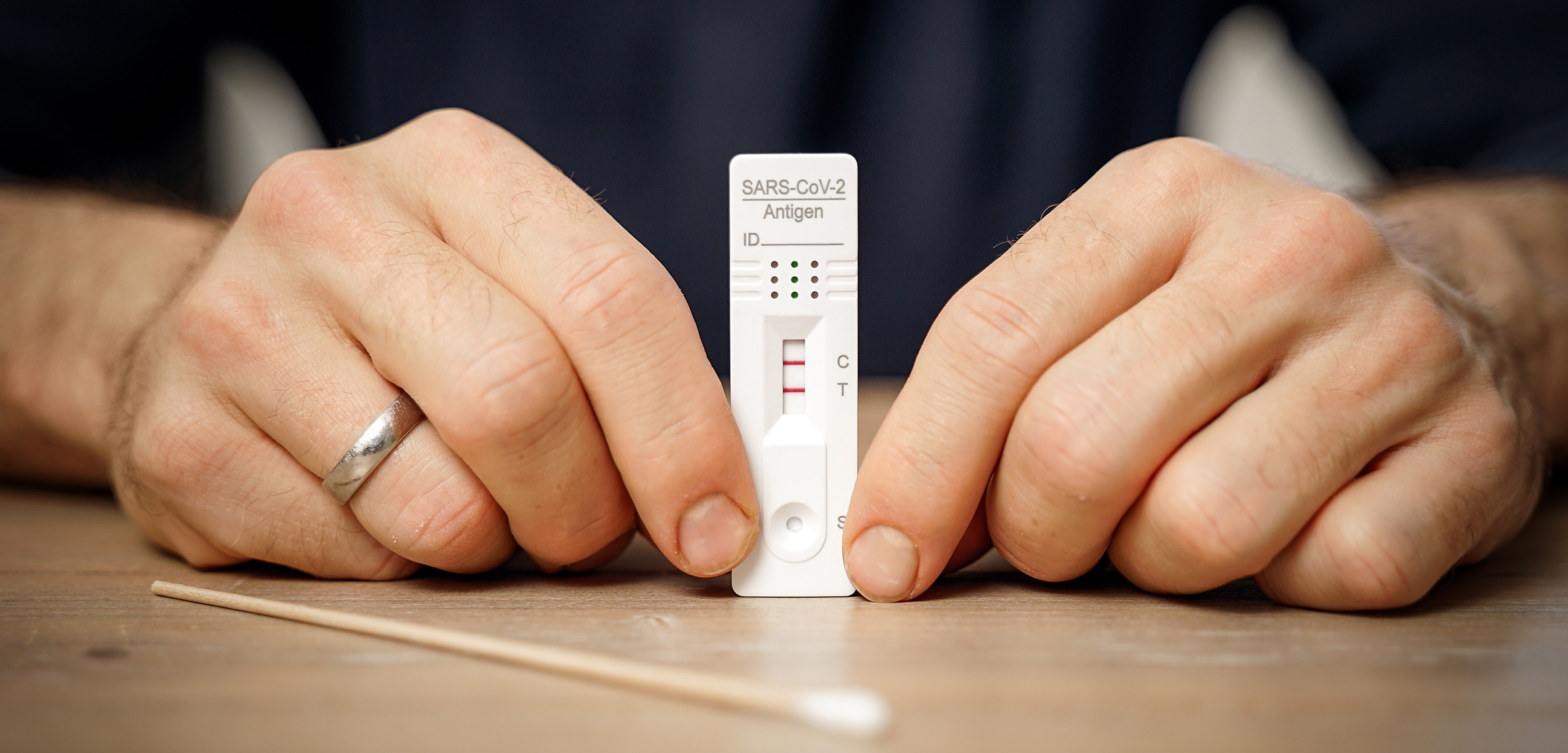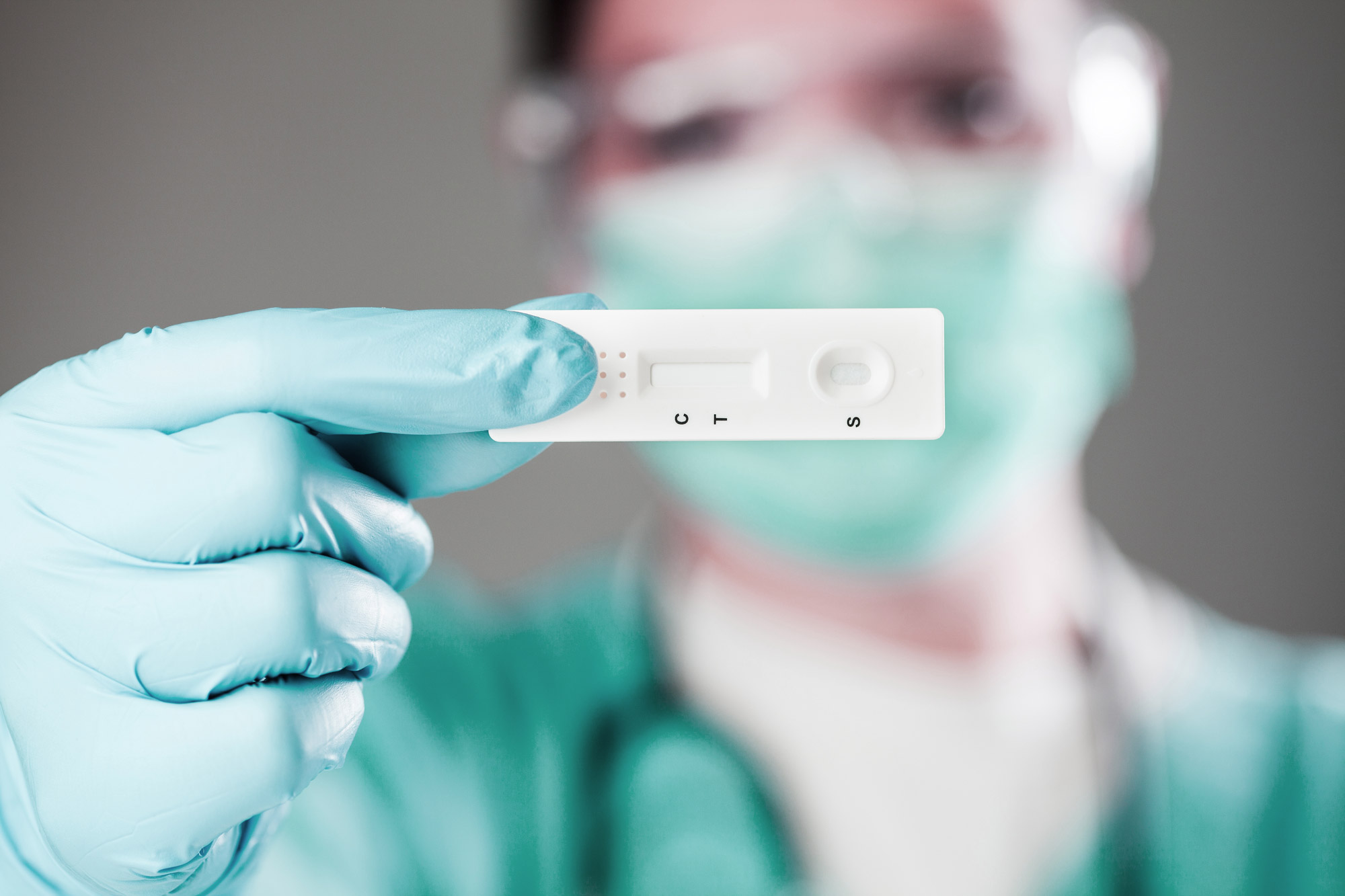A Look at the Benefits of a Rapid Antigen Test for Travel

If you are planning to do a rapid antigen test for travel, you need to make sure that you know as much about the test as possible. A polymerase chain reaction has been the most preferred method for the amplification and detection of viral RNA. The sensitivity and specificity of these molecular assays are very high. While these assays normally produce results in less than two hours, during the outbreaks, a delay of up to 7 days has been observed in many countries. The risk of viral spread increases because of the delays in the production of results. The longer wait by a patient means longer time they will take to isolate while carrying the virus. This makes antigen rapid swab tests a good alternative for the identification of the virus in patients presenting symptoms of coronavirus. There are quite a number of advantages of using rapid antigen test for travel . The first one is that these tests do not require complex laboratory equipment. Unlike molecular assays that are equipment


